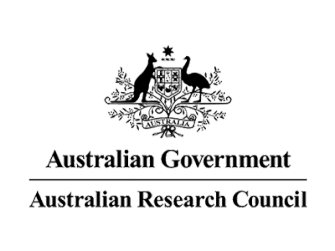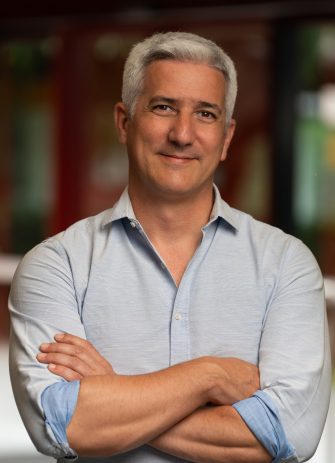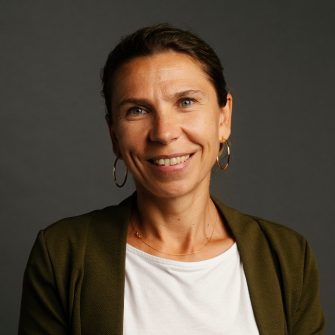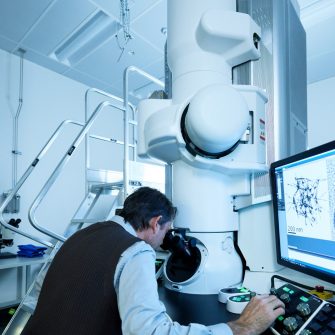MWAC Cell Culture Facility (CCF)
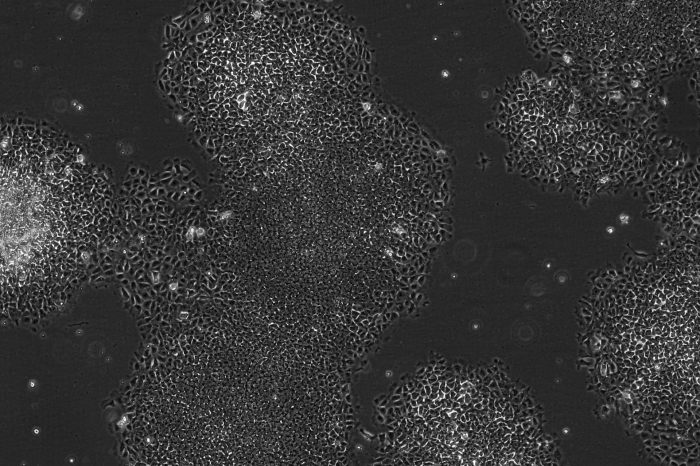
Who we are
The MWAC Cell Culture Facility (CCF) is a shared laboratory that contains specialised equipment for general, primary, GMO, and cytotoxic cell culture and analysis. The facility offers state of the art work environments for researchers to perform their own experiments and is supported by a technical team. The CCF team maintain the equipment and sterility of the facility and offer basic tissue culture training as well as support with specialised experiments and techniques.
Funding partners:
Capabilities
Instruments
-
The LabGard NU-543 is a Class II, Type A2 Biosafety Cabinet (BSC), an essential tool in cell culture laboratories. It is designed to protect personnel, products, and the environment while working with low—to moderate-risk biologicals. It features a single ultra-high-efficiency motor with a precision-engineered forward-curve fan to increase filter load capability and extend filter life.
-
The Gelaire CytoFAST Cytotoxic Biosafety Cabinet (BSC) is designed to safely handle hazardous drugs, particularly chemotherapeutic agents, by providing a controlled environment that prevents the release of cytotoxic aerosols or particles, ensuring protection for both the operator and the surrounding environment.
-
The Eppendorf CellXpertâ C170i cell culture incubator is essential for maintaining optimal environmental conditions for the growth and preservation of cell cultures in research and clinical laboratories.
-
The Leica DM IL LED is an inverted laboratory microscope ideal for cell culture, micromanipulation, fluorescent immunostained specimens, and routine live cell examinations. It offers phase contrast, modulation contrast, and fluorescence imaging.
-
The Olympus CKX53 is a compact, ergonomic inverted microscope designed for cell culture applications. It provides stable performance and a comfortable workflow for live cell observation, cell sampling, handling, image capture, and fluorescence observation. The CoolLED pE-300lite fluorescence system offers intense, broad-spectrum LED illumination, making it ideal for everyday fluorescence microscopy.
-
Millicell DCI Digital Cell Imager is designed to enhance the efficiency of cell culture labs by providing quick and objective assessments of cell culture parameters. This advanced imaging tool supports a wide range of cell types and formats, making it an essential instrument for modern cell culture techniques. The instrument can perform cell counts and confluency checks in a variety of flasks and haemocytometers.
Learn more (hyperlink to instrument page)
Our people
Fees
-
Annual registration fee of $850 per person* (Jan 1st - Dec 31st) including use of biosafety cabinets, incubators, plate readers, centrifuges, and all cell culture instruments including a hands-on training course in aseptic cell culture technique.
*Consumables not included
-
$525 per person* for full use of the biosafety cabinets and cell culture facility including hands-on training in aseptic technique.
*Consumables not included
-
Instrument Hourly Rate Biosafety cabinets, cytotoxic hood and cell culture facility $25/hour ClarioStar Plate reader $20/hour -
$250 per person - Training in aseptic cell culture technique.
How to access
-
Email CCFAdmin@unsw.edu.au and specify if you require training, staff-assisted work, or a collaboration.
-
MWAC CCF staff will arrange a meeting with you and a senior member of your group (supervisor or postdoc).
-
Register on ACLS and complete the MWAC CCF Registration Form and Sample Safety Form.
You must also complete the following online safety modules and provide evidence of completion certificates:
- Biological Safety
- Hazardous Substances
- Laboratory Safety Awareness
- Health & Safety Awareness
- Ergonomic & Manual Handling Tasks
-
Attend an in-person induction and complete the HS049 induction document.
-
Time for you to relax. MWAC CCF staff will review all documentation and get in touch with any questions/feedback.
-
MWAC CCF staff will grant you access to the booking system and swipe card access to the lab.
Contact us
Access to the Science and Engineering Building is via Gate 2 on High Street. The MWAC CCF is located on level 5 and can be accessed via the elevators from the lobby between 08:00 and 18:00. Please email a member of the MWAC CCF staff when you arrive to give you access to the offices.
Paid parking is available in the Gate 2 underground car park.
MWAC Cell Culture Facility
Room 524, Level 5
Science & Engineering Building (E8)
UNSW Sydney, NSW 2033
Email: CCFAdmin@unsw.edu.au
Resources
MWAC CCF Sample Safety Data Form
- Format
- Size
- 1 MB
HS049 MWAC CCF Induction Form
- Format
- Size
- 281 KB
Get in touch about your project
We work with a wide variety of researchers and projects - from academic and clinical studies to partnerships with government and industry.
Please get in touch to discuss how we can use our expertise and facilities to support your research goals.


